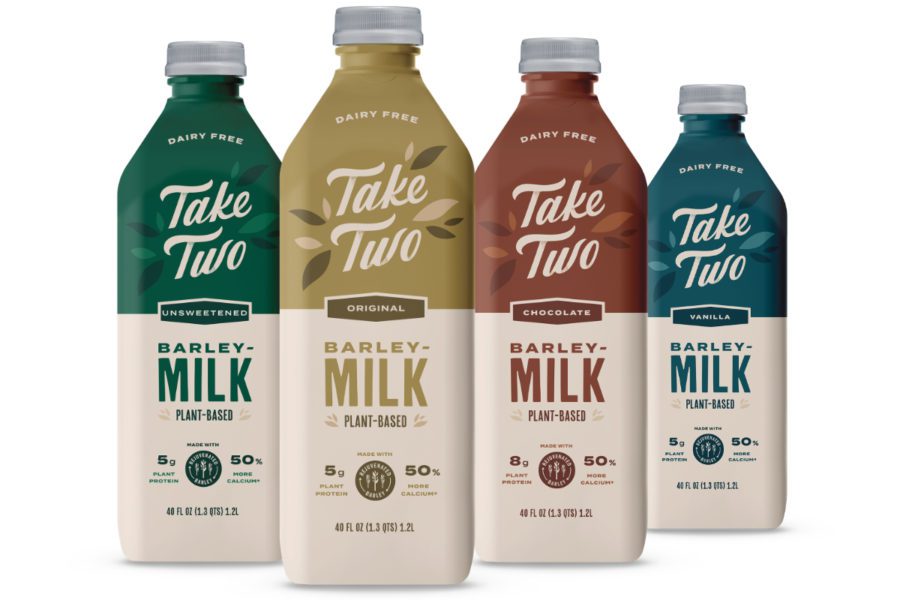Veganism is a lifestyle choice that is becoming mainstream globally due to its health benefits, animal welfare, and environmental sustainability. The demand for plant-based food has skyrocketed, leading to an explosion of vegan alternatives to traditional animal-based products. Meat alternatives have been the most significant trend, with companies creating meat-like products that mimic the taste, texture, and appearance of traditional meat, made from plant-based ingredients like pea protein and soy. Dairy-free milk alternatives have also become prevalent due to the rise of lactose intolerance, and vegans are looking for alternatives to animal products. The rise of plant-based food shows no signs of slowing down, and it is becoming a viable and desirable option for the food industry.
Exploring the Latest Plant-Based Food Trends: A Guide to Vegan Alternatives
The Rise of Veganism
In recent years, veganism has gained significant traction across the globe. The lifestyle choice has been embraced by people from all walks of life due to its health benefits, animal welfare, and environmental sustainability. The demand for plant-based food has skyrocketed, leading to an explosion of vegan alternatives to traditional animal-based products. Veganism is no longer a niche market, but a mainstream trend sweeping across the food industry.
Plant-Based Alternatives to Meat
The most significant trend in plant-based food has been the rise of meat alternatives. Companies like Beyond Meat and Impossible Foods have revolutionized the industry by creating meat-like products that mimic the taste, texture, and appearance of traditional meat. These products are made from plant-based ingredients like pea protein and soy and have a lower environmental impact than animal-based meat. Beyond Burger and Impossible Burger, for example, have been incredibly successful due to their resemblance to beef burgers.
Non-Dairy Milk Alternatives
Dairy-free milk has also become increasingly popular due to the rise of lactose intolerance and vegans’ desires to avoid animal products. Soy milk has been a popular non-dairy milk for years, but the market has expanded to include almond, coconut, oat, and hemp milk. These milk alternatives work well in smoothies and lattes and can also be used in baking.
Egg Alternatives
Another area where there has been a lot of innovation in the vegan food industry is egg alternatives. Plant-based eggs, like JUST Egg, are made from mung beans and similar ingredients, mimicking the taste and texture of traditional eggs. These products can be used in baking, omelets, and scrambled eggs, making them versatile substitutes for eggs.
Vegan Cheese Alternatives
Cheese was once considered the hardest dairy product to replace, but new vegan cheese alternatives have proven that it can be done. Cheese substitutes made from nuts, soy, and coconut oil have found a place on restaurant menus and grocery store shelves. These cheeses can be used in dishes like pizza, lasagna, and macaroni and cheese, providing a rich, creamy flavor that is similar to real cheese.
The Future of Plant-Based Food
The rise of veganism and plant-based food shows no signs of slowing down. The food industry is continuously adapting and evolving to meet the growing demand for vegan alternatives. As consumers become more aware of the impact their food choices have on their health and the environment, plant-based food is becoming a viable and desirable option. The future of the food industry may well be dominated by plant-based products that are good for our bodies and the planet.
